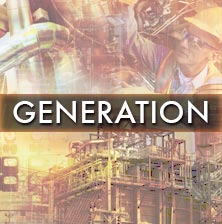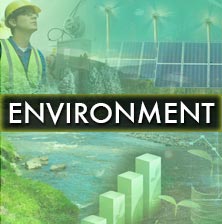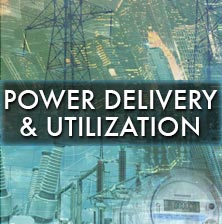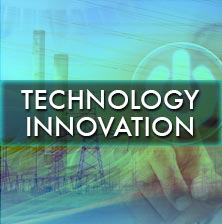The following is a small selection of items recently published by EPRI. To view complete lists of your company-funded research reports, updates, software, training announcements, and other program deliverables, log in at www.epri.com and go to Program Cockpits.

Drawing from experiences of power plant engineers, this study examines lessons, operating history, and procedures for operation during extreme cold and for response to flooding and high winds, providing checklists for various severe weather scenarios.

Arsenic is listed as one of the World Health Organization’s 10 chemicals of major public health concern. It is released naturally into the environment through volcanic activity and natural weathering of arsenic-containing minerals, and its presence in aquatic environments is related to ore mining/milling, agricultural and commercial uses, and fly ash from coal-fired power plants. This report discusses the natural and man-made sources of arsenic in waterbodies, current state of impairment, and power industry implications.

This report examines the lessons and economics of Enel’s Archimede concentrating solar thermal power plant integrated with a combined cycle natural gas power plant.

To adapt to new operating demands, coal and natural gas power plants need high-quality procedures. This report provides guidelines for writing, modifying, updating, and managing plant-specific procedures.

This report projects installed costs for various energy storage systems and technologies assuming deployment in 2017.

To inform the U. S. Environmental Protection Agency’s review of its Mercury and Air Toxics Standards (MATS) for power plants, EPRI is planning comprehensive field analyses at several coal-fired power plants. This report discusses the results of the first field tests at a coal-fired power plant burning a blend of eastern bituminous and Powder River Basin coals.

The focus of this study is identifying and resolving operational challenges related to power plant cycling, drawing from previous EPRI reports, literature reviews, and interviews with utilities about operating experiences.

EPRI, Southern California Edison, and Meritage Homes collaborated to design, build, and monitor the first Zero Net Energy neighborhood in California. This report discusses experiences in developing the community, grid impacts of the homes, and strategies for integrating distributed energy resources. The research provided insights on how residential energy management systems can help to balance solar with loads and support power system needs.

This report examines the design of energy markets, ancillary service markets, financial transmission rights, and capacity markets across the seven U.S. electricity markets administered by independent system operators and regional transmission organizations. It also looks at market design changes and new initiatives.

During downstream migration, some American eel are killed or injured in hydropower turbines. This report evaluates technologies to facilitate safe downstream passage.

This report examines light water small modular reactors and other advanced nuclear reactor technologies (based primarily on coolants other than water), focusing on state of the technology, economics, siting requirements, regulatory frameworks, markets, and future developments.

In this study, researchers developed and deployed mechanical tests to investigate degradation and failure in proton-irradiated stainless steel in light water nuclear reactor components.